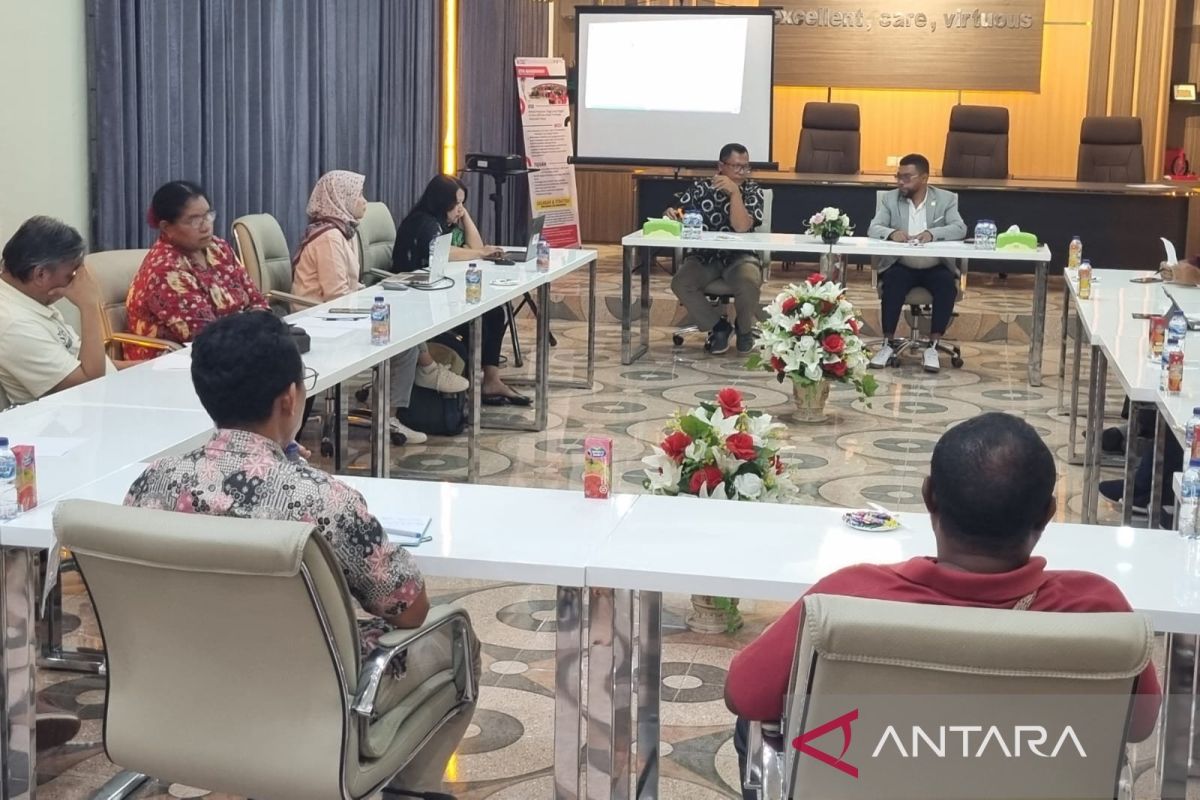Surge in Postmortem Sperm Retrieval Demand Among Grieving Families in Israel
In the aftermath of the October 7th attacks in Israel, the demand for postmortem sperm retrieval (PMSR) has dramatically increased. With 378 Israeli soldiers reported deceased amid ongoing conflict, families are turning to PMSR to preserve the legacy of their loved ones. This procedure, which allows for the collection of sperm from deceased males, has raised both interest and ethical considerations within Israeli society, as families seek to conceive using the sperm of their fallen relatives.
Understanding the Demand for PMSR
Since the onset of the October 7th attacks, the toll on families in Israel has been severe. The Israel Defense Forces (IDF) has recognized the growing need for PMSR, now offering this option to families who experience the tragic loss of a male relative. The Hamas-run health ministry reports that 43,665 Palestinians have been killed in the bombardment of Gaza, contrasting sharply with the loss of Israeli soldiers, which stands at 378. This disparity highlights the heavy emotional toll that the conflict has taken on the nation.
The practice of PMSR, which began in Los Angeles in the 1980s, allows families to preserve the possibility of having children after the death of a male family member. While countries like Germany, Sweden, and France have banned the procedure, nations such as the UK, Canada, and Greece allow it under specific conditions. The United States also accepts PMSR, making it more accessible for grieving families.
What Drives the Increase in PMSR?
The sudden rise in PMSR requests in Israel can largely be attributed to a few factors:
- Cultural Values: In Israel, where family and continuity play a crucial role in society, PMSR offers a means to create life from death, allowing families to maintain a connection with their loved ones.
- Increased Soldier Casualties: With ongoing military actions and substantial casualties among soldiers, families are looking for ways to commemorate their loss and provide a legacy for future generations.
- Emotional Healing: For many families, the chance to conceive a child using the sperm of a deceased son or husband can serve as a form of emotional solace, helping parents cope with their grief.
As journalist and author Jenny Kleeman notes, “For many families, the opportunity to have a child that carries the genetic legacy of a deceased loved one provides a sense of hope amid their profound sorrow.” This sentiment is echoed by numerous families who see PMSR as a pathway to healing.
Ethical Considerations Surrounding PMSR
While PMSR provides a potential lifeline for grieving families, it raises significant ethical questions about conception and parenthood:
- Consent Issues: One primary concern is the question of consent. How do families navigate the complicated terrain of wanting to use the sperm of a deceased family member? In many cases, these discussions happen in moments of immense emotional distress, complicating the decision-making process.
- Child’s Rights: Children conceived from PMSR will inevitably face complex questions about their origins. As they grow, they may grapple with the reality that they were conceived from sperm retrieved posthumously, potentially affecting their identity and perception of the deceased parent.
- Legal Implications: Different countries offer varying regulations surrounding PMSR. In Israel, where the procedure is now more widely accepted, families may face legal hurdles in ensuring the rights of posthumously conceived children.
The ethical complexities of PMSR demand careful consideration and public dialogue, prompting discussions among lawmakers, ethicists, and the families directly affected.
Long-Term Implications for Future Generations
As the practice of PMSR becomes increasingly common in Israel, it opens up pathways for future considerations:
- Legislation and Regulation: Authorities may need to explore specific legal frameworks governing PMSR to protect the rights and identities of children conceived posthumously.
- Support Systems: Creating support systems for families considering PMSR, including counseling and legal guidance, can help navigate the emotional and ethical challenges.
- Cultural Awareness: Conversations around PMSR can lead to broader cultural change, fostering awareness about the complexities of grief and legacy within Israeli society.
Engaging the Community
The surge in demand for PMRS amidst the ongoing conflict raises important questions about grief, family legacy, and the future of those affected by loss. As the conversation continues, families contemplating PMSR are encouraged to engage openly with healthcare providers, ethicists, and support groups to navigate their unique circumstances.
This topic underscores the importance of thoughtful dialogue and community support as Israeli families seek to preserve their legacies amid profound loss. As the country grapples with the emotional fallout of conflict, PMSR remains a poignant reminder of the lengths to which families will go to honor their loved ones.
What are your thoughts on the ethical implications of postmortem sperm retrieval? Share your opinions and experiences in the comments below.
